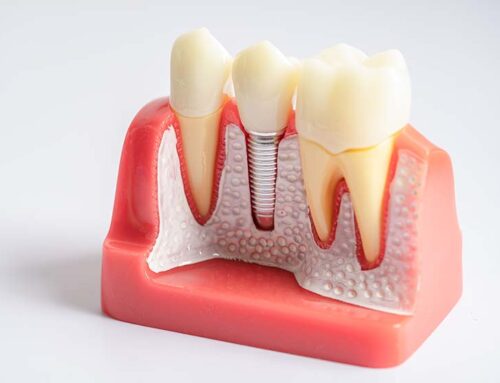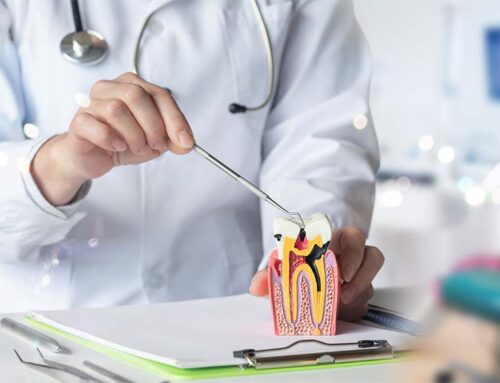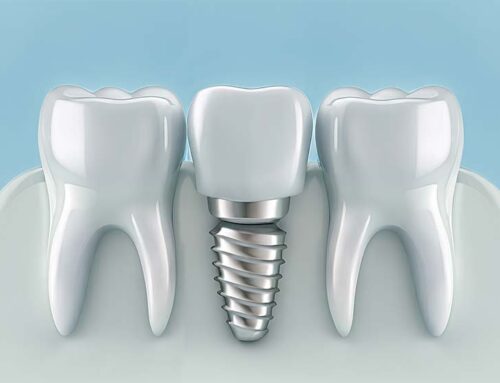Gum swelling is a condition that arises from the inflammation of the gums due to infection, irritation, or trauma, and is often accompanied by pain. Along with swelling, symptoms such as redness, bleeding, and bad breath may also occur. If the swelling of the gum tissue worsens and grows, it can lead to difficulty in speaking and eating.
Why Do Gums Swell?
There are various causes of gum swelling. Some of the main reasons include:
- Gum Diseases: Gingivitis and its advanced form, periodontitis, which involves more severe inflammation, are among the leading causes of gum swelling.
- Plaque and Tartar: Plaque is a thin layer formed by bacteria on the teeth and gums, and when it hardens, it forms tartar. Both can lead to gum inflammation, causing swelling.
- Poor Oral Hygiene: Insufficient oral hygiene, such as inadequate brushing and flossing, leads to an increase in plaque and tartar buildup, which can result in inflammation.
- Hormonal Changes: Especially in women, hormonal fluctuations during puberty, menopause, and pregnancy can cause gum swelling.
- Certain Medications: Some medications, including chemotherapy drugs, epilepsy medications, and immunosuppressants, can affect gum health.
- Nutrition: Poor nutrition can also impact gum health. A deficiency in vitamin C can cause gum swelling, while a lack of vitamin B makes gums more prone to inflammation.
- Smoking: Tobacco use, which negatively affects oral and dental health, can also lead to gum inflammation and swelling.
How is Gum Swelling Treated?
A dentist’s examination is required for the proper diagnosis and treatment of gum swelling. Imaging may also be necessary. The dentist will determine whether the swelling is due to gum inflammation or another issue.
If plaque and tartar buildup are causing the gum swelling, a professional dental cleaning is performed. If there is an infection, antibiotic treatment may be prescribed. In severe cases of gum inflammation, surgical intervention may be required. The treatment plan is developed based on the dentist’s examination.
How to Reduce Gum Swelling at Home?
If the gum swelling is mild and immediate access to a dentist isn’t possible, there are some remedies you can try at home. Brushing with a soft-bristled toothbrush and cleaning with floss can help. Gargling with salt water 2-3 times a day can also soothe the gums and reduce inflammation. Drinking plenty of water is important as it increases saliva production, which is beneficial for oral health. It is also essential to avoid using tobacco products when the gums are swollen.
Preventing Gum Swelling
Regular brushing (at least twice a day for two minutes each time) and flossing are key to maintaining the health of your teeth and gums. Visiting the dentist twice a year for check-ups and professional cleanings also helps protect both your teeth and gums. Additionally, a balanced diet, including sufficient vitamins B and C, supports overall health and gum health in particular.







Leave A Comment